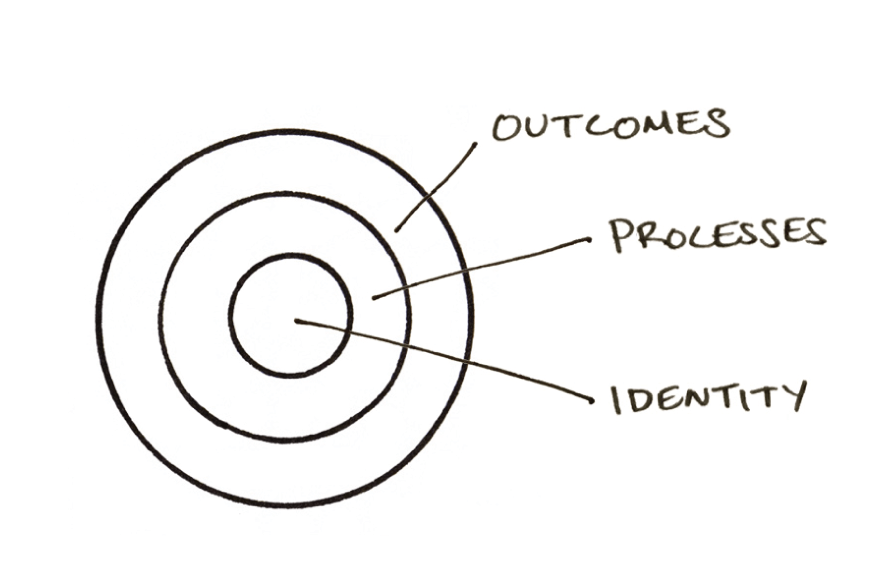A controversial topic over the last few years is that of the traditional 9-5 or office-style jobs. A growing passion for entrepreneurship and growing on our own has taken storm over the internet and Gen Z culture especially. That if you are not hustling on 56 side hustles every day then you are somehow a failure.
I want to flip this argument on its head. So join me on this internet crusade to piss off the internet hustle bros.
Let me start off by saying that I am not anti-entrepreneurship. In fact, I am very supportive of entrepreneurship due two reasons:
- It promotes innovation and better ideas than what came before.
- I would be a hypocrite because I am invested in my own entrepreneurial activities and future gains (hopefully).
From here, one thing I have had to learn the hard way is that entrepreneurship is both a career path and not a career path. Confused yet? I was too.
What I have learned is that you are going to struggle to build something you have no skills in. Obvious right? You see it all the time "I'm going to build the next big Shopify store, or Amazon FBA, or crypto"
With what skills though?
And in fact many cases like these, you may just be being sold a scam or overpriced course on the "path to financial freedom".
You can start at the bottom in the manner of skills and work your way up in every aspect, or like many successful entrepreneurs, they started in something they already had much interest in and experience in.
Take Alex Hormozi for example, he started a gym because he was already working out and had an interest in the gym. Or perhaps Bill Gates who had an interest in computers at an early age. It would make sense that they would create a company in something they felt passionate about but also had the expertise in.
So where does this lead us?
We Need Skills
Let's say you and I wanted to start a software company. Great, but do either one of us know anything about software? Let's say hypothetically no. Then wouldn't it be nuts to try to start one right?
Instead, what if we got a job, education, or experience under someone else through college, a job, or a course on how to create software? Then we have some valuable skills to stand on.
It may not be a lack of heart that stands in our way, but a lack of the correct skills. Having a set of expertise in just a few particular skills can set you far apart from other competitors, while simultaneously giving you the ability to ask for more money from employers or make more money working for yourself.
Most startups don't succeed off the bat or at all. The more successful startups happen much later in life as opposed to the "millionaire at 19 stories!" we all see.
According to the Harvard Business Review, "Among the top 0.1% of startups based on growth in their first five years, we find that the founders started their companies, on average, when they were 45 years old."
45.
A little bit older than 19.
What I take from this is that after many years of industry experience as well as a general increase in knowledge and skills, founders are more well-equipped to build something long-lasting.
How does this help us?
- We need to build the necessary skills to make good projects, whether we build those skills by 25 or 45 makes no difference, you can't fake expertise.
- We can ignore the hustle gurus about being a failure at 23 if you haven't made a million dollars yet. You are okay if you are just being conventional about life.
Disdain For Normal Jobs, Stability & Expertise
Man, everybody be hating on the 9-5 jobs. Which I think may be due to a desire for more personal freedom from our current work structure which is understandable. I do think however the unusual growth of the idea of entrepreneurship is killing a necessary part of our work function.
While the change from the 12-16 hour days, 6 days a week, to the 9-5 formula was a step in the right direction, I don't think we are all the way there yet.
There are many arguments about other types of work structures in specific areas (by people more qualified to talk about their expertise than myself), but the point I am making here is that most people, as well as our economy, need more stability than us all working on our Shopify stores or YouTube channels.
Within the past few years, our work culture has changed significantly, with more hybrid or remote-type jobs, and people realizing how much bullshit work there is being done for the sake of some people's egos. What we are also realizing is that the standard 9-5, may not be the absolute end goal.
Perhaps there is an even better balance to be found or created. I think that this more monumental change is already happening as more and more people will be looking for different lifestyles like becoming a freelancer, or more consultant-like jobs as well.
Not everyone will or should be an entrepreneur (I think this is vastly understated in modern media), but there are some benefits that can not be ignored while having a comfy 9-5.
I just think that the idea of entrepreneurship is what people love, rather than the actual work. So when people decide to drop their 9-5 to pursue entrepreneurship, they may realize it isn't what they wanted in the first place.
Stress and Flexibility
Let's get straight to the point. Not everyone will or should become business owners. Some don't want that type of stress (I don't blame them) and simply want to clock off from work when they get home.
If you are a business owner, you will be thinking about your business far more than the hours you "clock in and out".
Some want the flexibility of a hybrid schedule for example, such as some easier remote days, or perhaps going to pick up the kids from school.
If you find you enjoy working on projects or some sort of labor then entrepreneurship might be a good fit, because anyone who has done it will say the same: it's a lot of fucking work.
To the benefit of 9-5's is the ability to simply be done with work once you leave. I feel like this is an underrated part of a "regular" or "boring" job the lack of anxiety or obstacles that you encounter when running your own business.
Culminations
The epic conclusion of the office beginnings. Many of us dream of becoming the next great entrepreneur without realizing the work it takes to get there and stay there.
In a culture of fast and easy, many will be shell-shocked by the actual difficulty of the life they so wish to have.
I think entrepreneurship is a great path, one I wish to follow myself, but that doesn't mean it is for everyone. Nor is writing meant for everyone, or painting or hunting.
Find what works for you and ignore the naysayers.
Best of luck.






